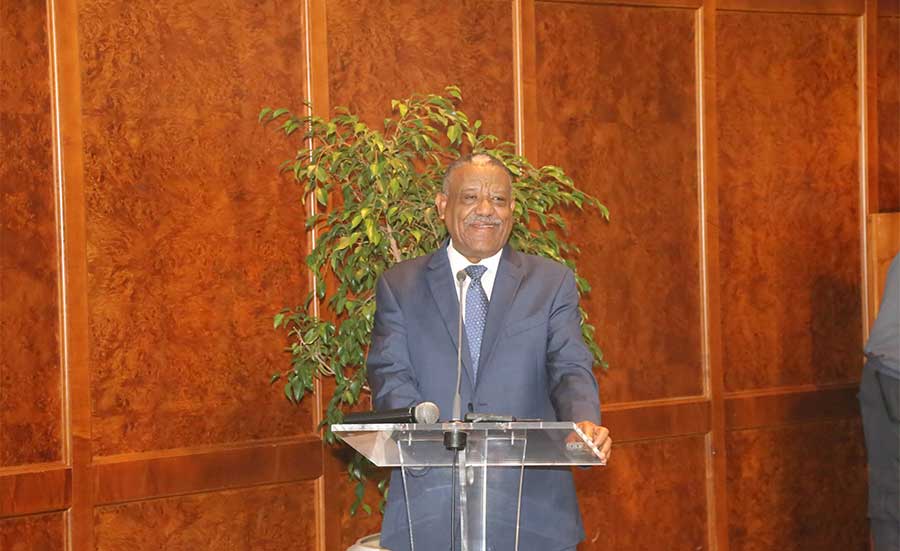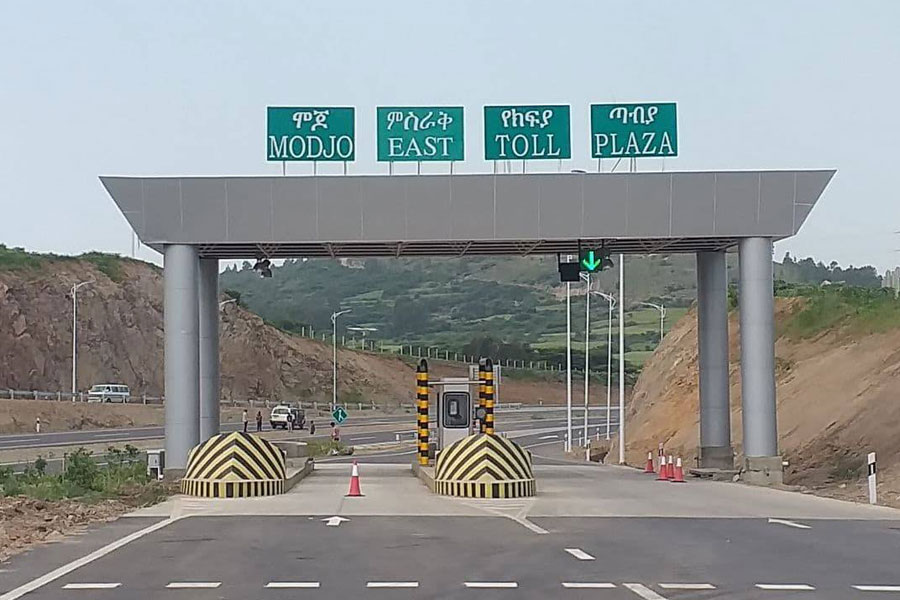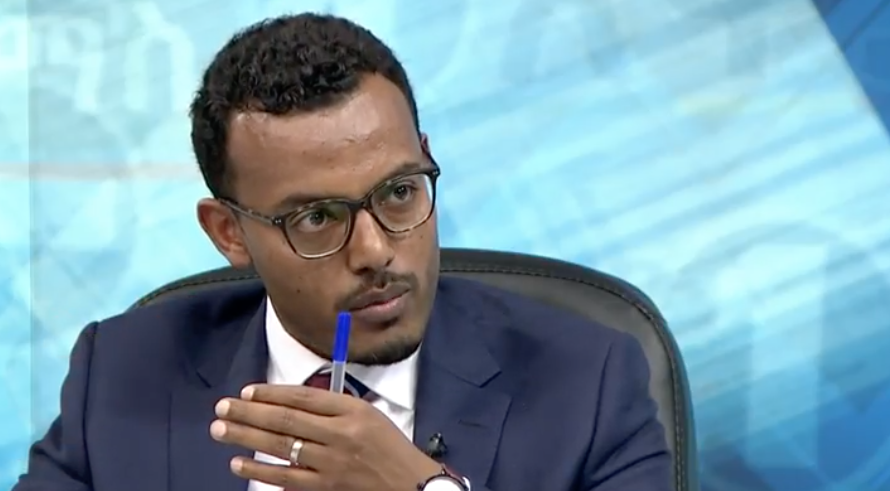
Fortune News | Jan 22,2022
Fortune: The outlook for the global economy brings growth down by 0.3 percentage points, while the outlook for Africa is up by 0.3 percentage points. What is missing here?
It is not so much missing. Africa’s growth is not correlated with what goes on globally. The main channel through which global growth tends to affect the region is commodity prices, of course. If we have much more pronounced swings in global growth, then you would see an effect in those countries in the region that have closely integrated into the global economy.
In Sub-Saharan Africa, what we have seen is a recovery from the sharp slump in commodity prices from 2014 to 2016. I will note that we had, at least for a little while, two distinct trends in the region.
We should not lose sight of the fact that many countries, 21 or 22 of them, have in the recent past and continue to grow rapidly, five percent or more. And then there is another group of countries, which includes large countries like Nigeria, South Africa and Angola that have been hit very badly by the commodity price shock. Those countries were in a recession a little while ago and now are emerging from it, and growth is beginning to accelerate.
In the region as a whole, what we are seeing is the pick up in growth in those countries, taking the regional average up. In some of these large countries, growth is quite decent.
Abebe Aemro Selassie, director of the IMF's African Department.
Q: We have all been hearing about the ongoing trade tensions between the United States and China, which will possibly dampen demand for commodities, which will affect African countries.
Just to be precise, global uncertainty has affected the last half of last year and the first early months of this year. But the easing of monetary conditions that we saw by central banks and the recovery in capital markets has offset that somewhat. This is why we are saying we are at a delicate moment, and we do not want to see any impulses that push growth down further. We do want to see better outcomes with trade, the policy environment improving and sustainable growth in the global economy.
Q: There are people who see Africa’s priority as climate change, a risk of digital exclusion and capital inflow from China. Do you think these are the top priorities for Africa?
I think it is important to disentangle long-term trends and more short to medium-term challenges. Over the long-term, of course, demographic trends and climate change all pose significant challenges. In a more short-term period, the challenges revolve around making sure that the calibration of policies are striking the right balance between, on the one hand, addressing the investments that our countries need in health, education and infrastructure while avoiding debt sustainability-type considerations.
The key to that really is calibrating monetary and fiscal policies and investing in the right areas. The right areas to invest in differ from country to country though.
Abebe Aemro Selassie, director of the IMF's African Department.
Q: In Ethiopia, the government is exercising fiscal tightening, because it felt that the economy was growing fast and there is external debt exposure and a foreign currency crunch. Do you think it is the right move right now?
What we have seen in quite a number of the fast-growing economies in the region -Ethiopia is one, but also Kenya and Senegal -is that there have been big efforts to invest in infrastructure and in developing human capital. As a result, we have been seeing public debt levels creeping upwards. These are not at dangerous levels yet, but they have been drifting upwards.
What is needed now is to strike a better balance in handing over the reins of growth to the private sector. Of course, it depends on country to country.
One of the ways in which we think that governments can continue to strike a balance is to increase tax collection. That will allow them to sustain the investments they are making - the much-needed investments in education - while avoiding increases in debt levels. These kinds of policy calibrations are desirable.
Q: Do you think in the absence of boosting exports and generating foreign currency, trying to mobilise and increase domestic resources can make any difference in terms of pressure on the balance of payments?
I think we need to disentangle the two. I have been talking about calibrating fiscal policy. Then the rest is context specific. In some countries, if you have a big balance of payments challenge, you need to promote exports more. Then you have to look at the reasons why exports are not growing more rapidly. You may need structural reforms to enhance the competitiveness of the economy. You may also need to look at the exchange rate policy. It is country-specific on what is needed.
To the extent that you have a very large fiscal deficit, it can spill over into a balance of payments problem. Fiscal policy can have a role to contribute to ameliorating a balance of payments deficit.
Q: You want countries like Ethiopia to hand over the reins of growth from the public to the private sector, knowing that the private sector in countries like Ethiopia is too small to make any difference. Do you see this as a realistic recommendation?
I think it is important to think about all of the investments that have been made. We have been investing quite a lot in infrastructure, exactly to facilitate higher growth. We have been seeing a lot of private investments coming in on the back of these investments.
The question is really about creating the conditions to allow more private investment and identifying the bottlenecks there. Having a smooth handover from public to private sector driven growth would be desirable.
PUBLISHED ON
Apr 13,2019 [ VOL
20 , NO
989]

Fortune News | Jan 22,2022

Fortune News | Feb 08,2020

Fortune News | Mar 19,2022

Radar | Aug 05,2023

Radar | Sep 18,2022

Radar | Aug 12,2023

Fortune News | Jun 23,2019

Editorial | Feb 01,2020

Radar | Feb 16,2019

Radar | Feb 09,2019

Dec 22 , 2024 . By TIZITA SHEWAFERAW
Charged with transforming colossal state-owned enterprises into modern and competitiv...

Aug 18 , 2024 . By AKSAH ITALO
Although predictable Yonas Zerihun's job in the ride-hailing service is not immune to...

Jul 28 , 2024 . By TIZITA SHEWAFERAW
Unhabitual, perhaps too many, Samuel Gebreyohannes, 38, used to occasionally enjoy a couple of beers at breakfast. However, he recently swit...

Jul 13 , 2024 . By AKSAH ITALO
Investors who rely on tractors, trucks, and field vehicles for commuting, transporting commodities, and f...

Jun 28 , 2025
Meseret Damtie, the assertive auditor general, has never been shy about naming names...

Jun 21 , 2025
A well-worn adage says, “Budget is not destiny, but it is direction.” Examining t...

Jun 14 , 2025
Yet again, the Horn of Africa is bracing for trouble. A region already frayed by wars...

Jun 7 , 2025
Few promises shine brighter in Addis Abeba than the pledge of a roof for every family...